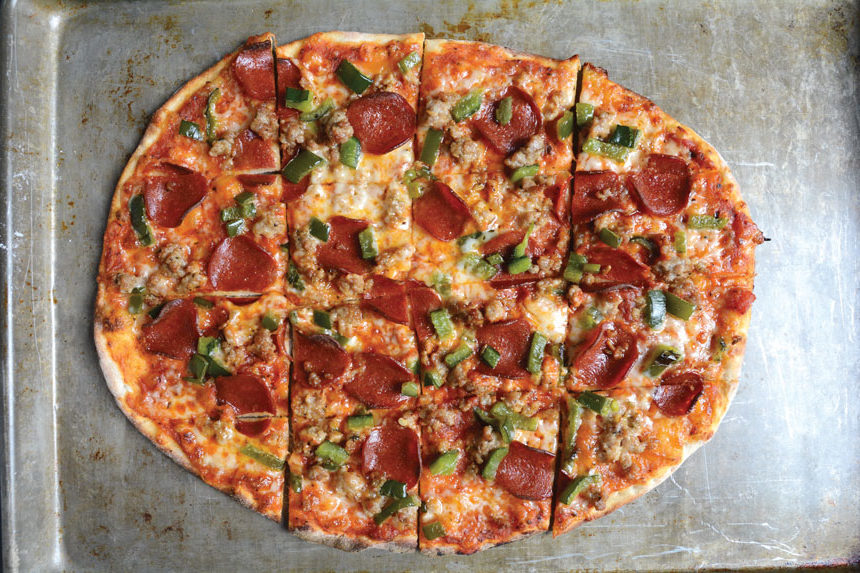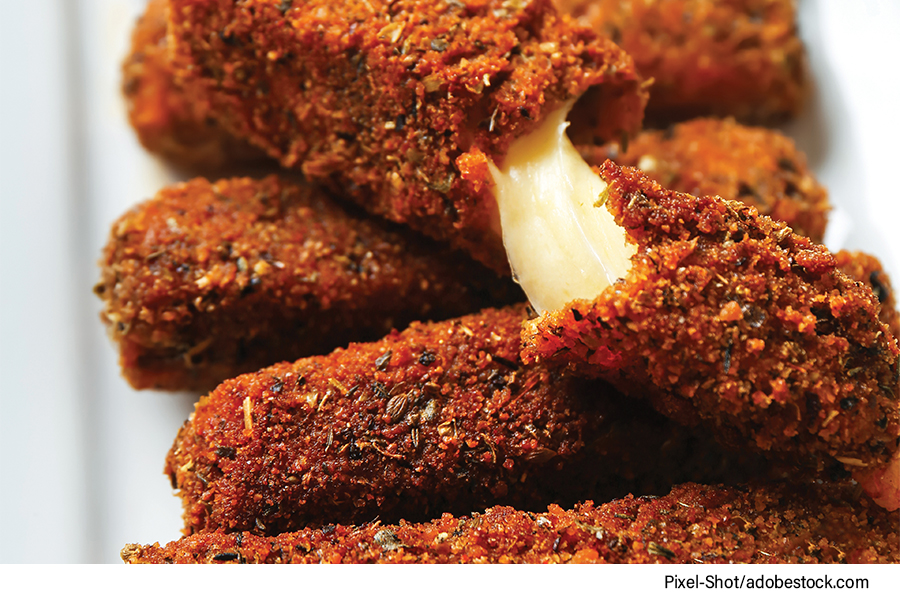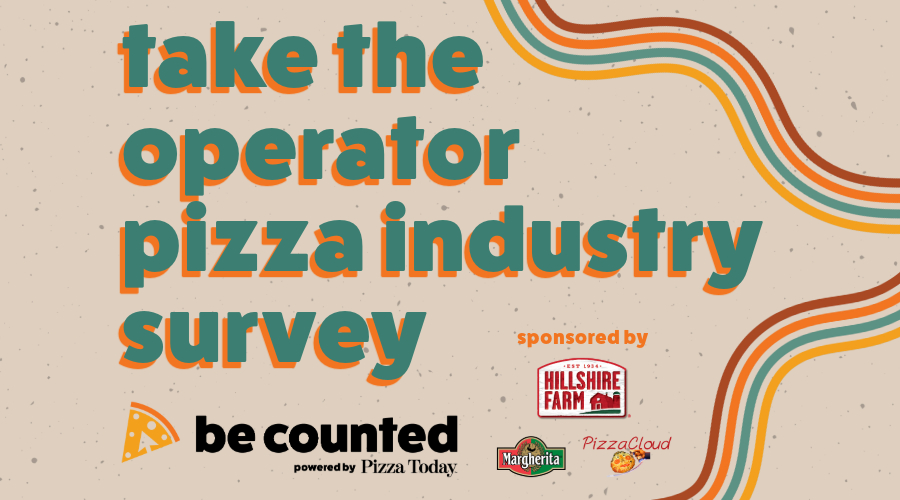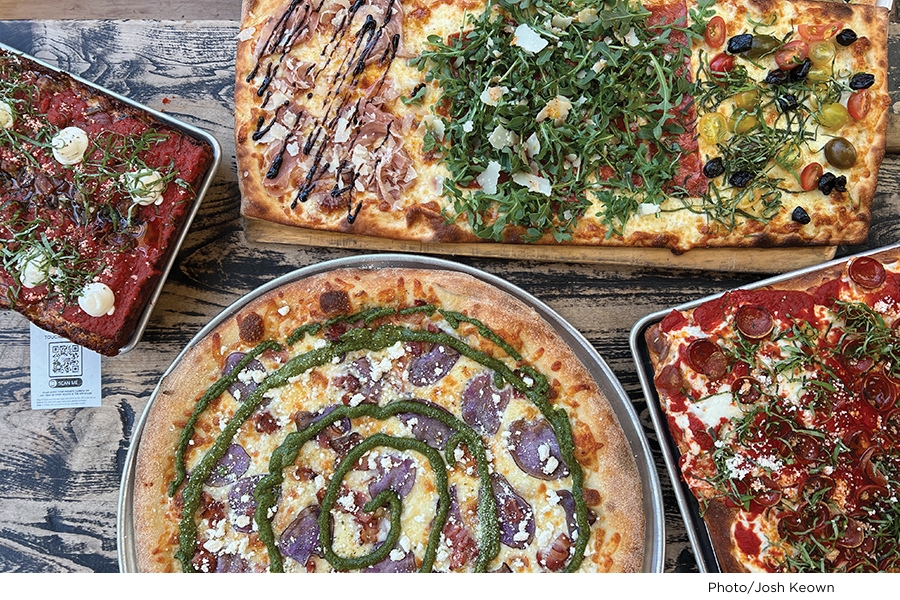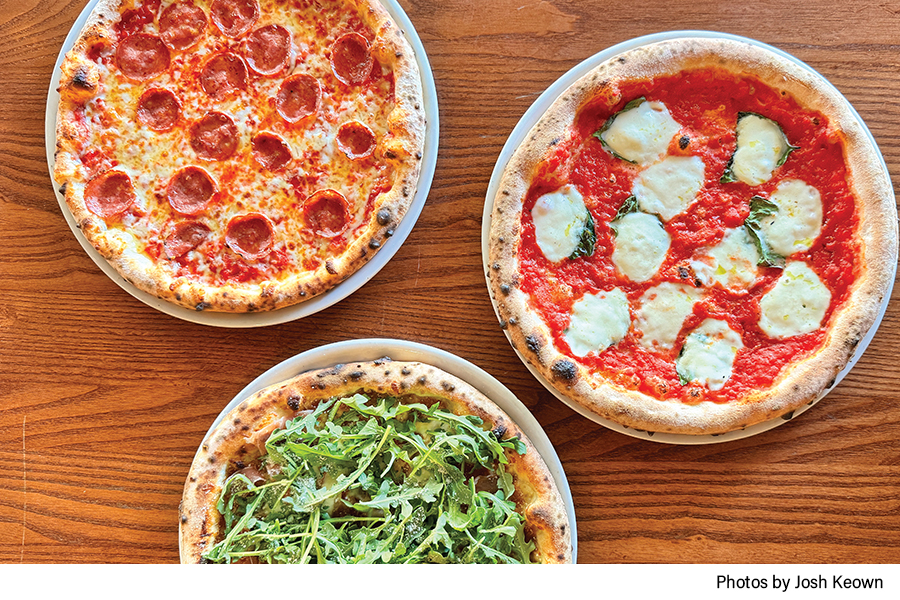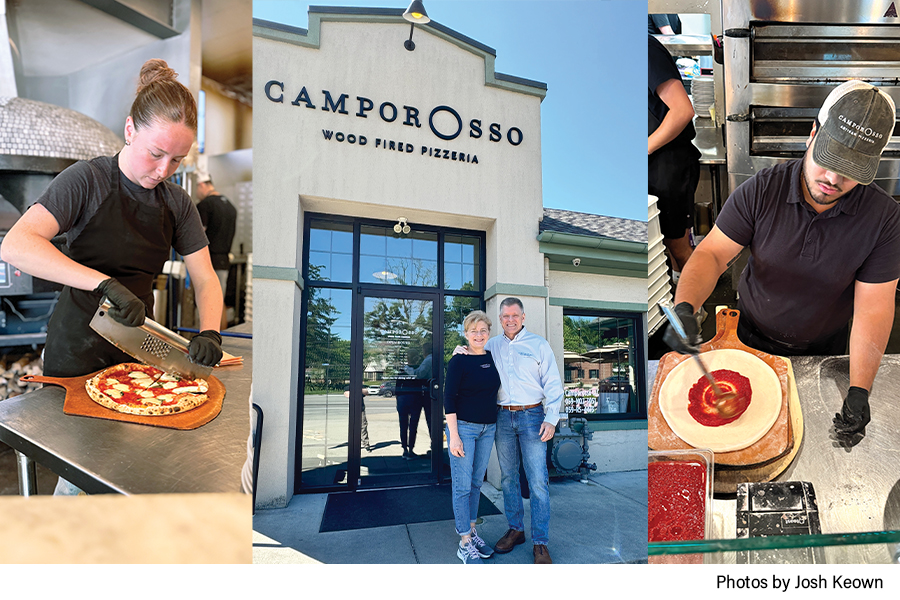
When the hostess stand at Buddy’s Pizza becomes mobbed with hungry customers, the hostess hands out pagers shaped like coasters. That seems to calm everyone down, says Wes Pikula, vice president of operations for the nine-location Detroit pizzeria. “It’s a stress reliever if you are a guest,” he says. “You don’t have to listen for your name, or worry that they mispronounce your name, or start your whole dining experience feeling anxious.”
Paging systems that use coasters or cell phone texts don’t just tell waiting customers their table is ready. These hostess management systems can also help clear the lobby, turn tables and reduce staff costs.
“The paging system creates a contract with the guests,” says Doug Crisafulli, director of marketing and product development for JTECH Communications Inc. “It’s all psychological and unwritten, but they
get the message: These people are going to take care of me. They will call me when a table is available.”
Customers with pagers don’t have to hover over the hostess stand, wondering if the hostess called for Ashley or Ashton. Instead, they stroll outside, shop at neighboring retailers, or sit at your bar and order drinks and appetizers. When a table becomes available, a busser clears the table while the hostess types the pager number into a keypad. The pager vibrates, and the customer reaches the table just as it becomes ready.
No one is yelling or chasing down a customer, and the table is filled quickly. That could mean lower staffing costs and faster table turns.
Still, pagers do have their drawbacks. People lose them or just keep them. Matt Braddy, floor manager at the Georgetown location of Pizzeria Paradiso in Washington, D.C., says one customer kept a coaster pager, then brought it back a week later during a dinner rush. “They said they had been waiting for a table for half an hour,” Braddy says. “But the pager hadn’t been charged so we knew they were lying.” Braddy offered the guest a fresh coaster and a spot on the waiting list.
Pikula says teenagers pilfer the coasters. “It’s a badge of honor to take them,” he says. Hostesses are responsible for taking back the pagers. “They’ll say, ‘Oh, let me get rid of that for you.’”
Addison, Texas-based Long Range Systems offers coaster pagers, including one shaped like a pizza slice. Those might be cool enough to steal, but Jeff Jones, director of sales, says the system has antitheft transmitters. Pagers work on radio frequency, so they can be set up to work within one or two miles of the restaurant. “If the customer gets out of that range, the pager starts beeping and lighting up,” Jones says. “They think they shouldn’t be that far away, or they think it’s their turn, so they come back.”
Sometimes people walk away with pagers because they are angry that they had to wait long, says Steve Elefant, chief information officer for Princeton, New Jersey-based Heartland Payment Systems. “Other customers don’t like to touch them because they’re dirty and grimy,” he says.
One alternative is the cell phone text. The hostess asks the customer for their cell phone number and then sends a text message when the table is ready. The system also has a seating chart and a timer to show which tables will become available soon.
Customers are almost always willing to give out their cell number, says Ray Villaman, owner of Fireside Pizza Co. in Olympic Valley, California, and Rubicon Pizza Company in Truckee, California. “I can’t remember the last time somebody said, ‘No, I’m not giving you my number.’”
Rick Stanbridge, president of Fidelity Communications Inc. in Novi, Michigan, says the text message system is maintenance-free. “You’re not relying on the customer to return something, and you’re not relying on another device to work,” he says.
One drawback of cell phone texts is they do not create a tether the way the coaster pagers do, says Crisafulli. The customer can go across the street to three other restaurants and leave their cell numbers there, too. “The customer thinks, whoever calls me first, gets me,” he explains. “You run the risk of walk-aways.”
A system with pagers and a charging station can start at about $1,000 to $2,500, depending on the number of pagers. Jones recommends one pager for every minute-and-a-half wait. If your wait for a table is typically 30 minutes, you need 20 pagers.
The cell phone text packages charge monthly fees ranging from $39 to $99, and some have upfront or setup costs.
Elefant, from Heartland, says it’s easy to tell whether you need any paging system. “If you ever have guests grumbling while they’re waiting in your lobby, or complaining about who was first or trying to get comped because they had to wait so long, you need a paging system,” he says.
Nora Caley is a freelance writer specializing in food and business topics. She lives in Denver, Colorado.
